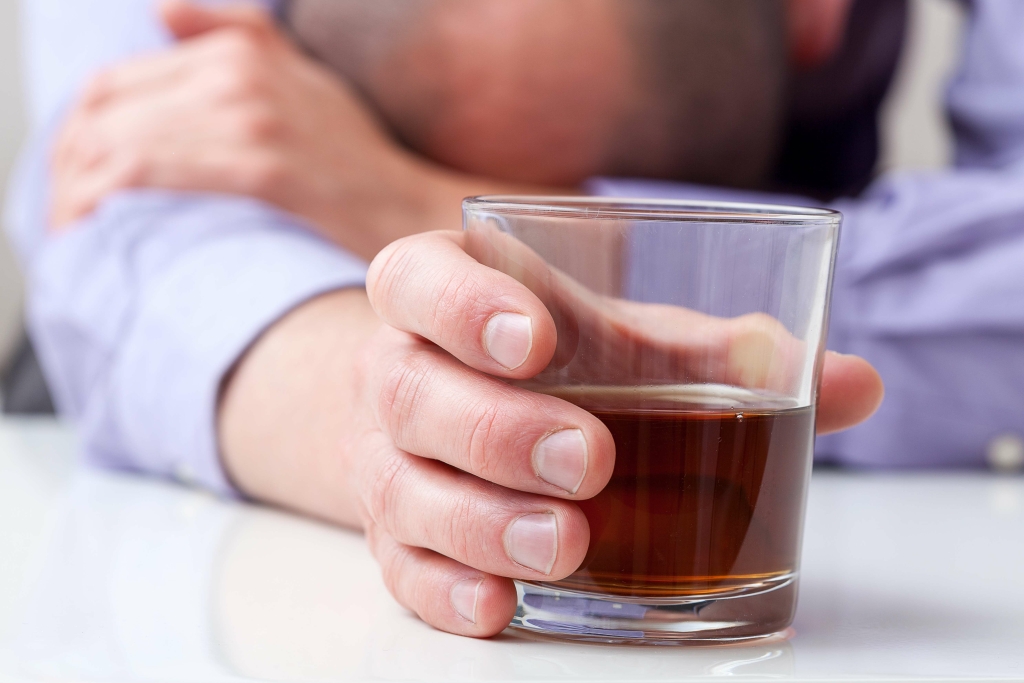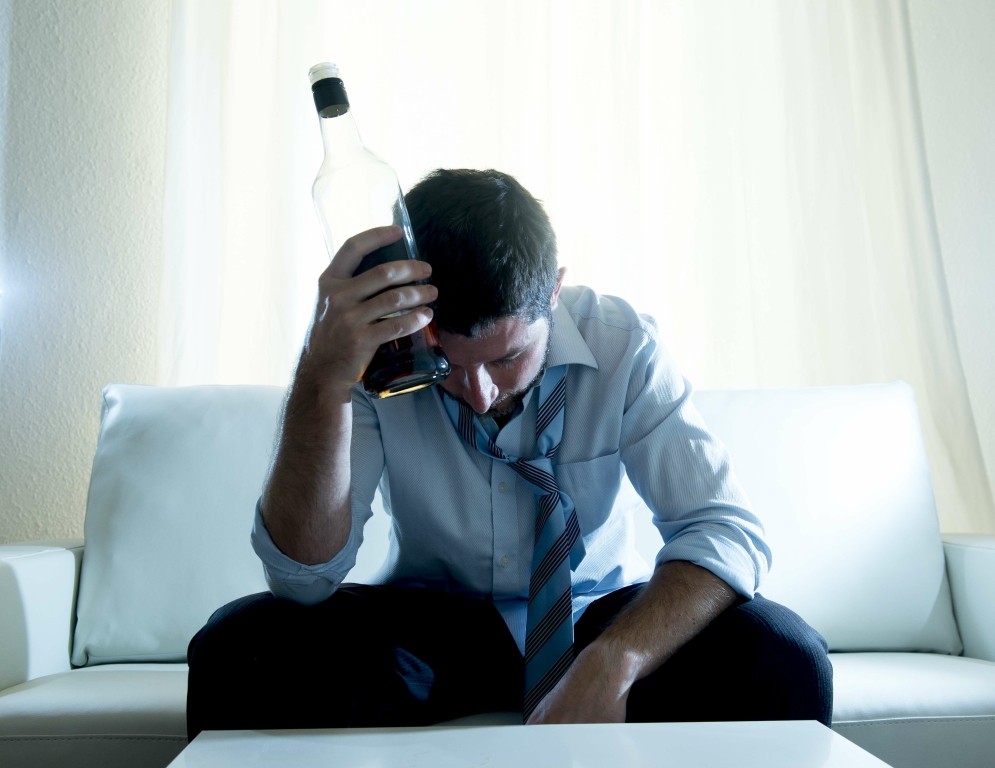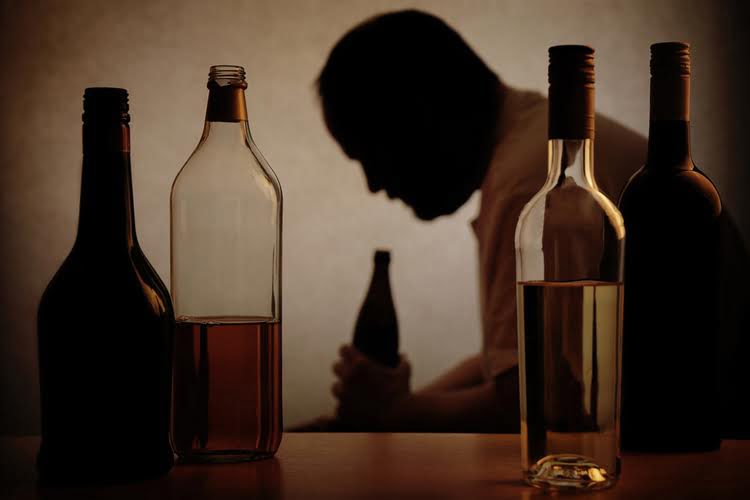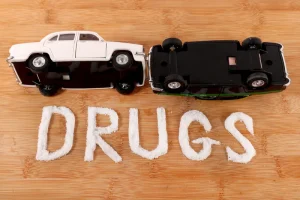Sober Living in Portland, Maine
However, the community should be assured that I will always follow the law. If tactics are used that are outside the bounds of the law, I’ll find it so. If the law allows for a tactic or investigative tool to be used, I’ll support the law. Following the law ensures a fair and just process for the parties, and it’s incumbent on the judge to be committed to following the law.
As is true of other sober living facilities, New Beginning Recovery requires abstinence from drugs and alcohol. Residents are engaged in their personal recovery journey by attending meetings and working with a sponsor and the house manager for support and encouragement. Residents adhere to a curfew, submit to drug and alcohol screenings and participate in home and community events. We are proud to offer both men’s and women’s sober living homes with a mindful, supportive structure in place to help you succeed in your recovery journey.
We build sober living communities where each
Our staff and your new House Mentor will work with you to coordinate the day and time. At your orientation, you must pass a urine drug screen and the House Mentor will thoroughly search your belongings. We can often accommodate your move-in day within 24-hours of your application. Guests of sober homes pay affordable and simple all-inclusive rent payments on a weekly or monthly basis.
© 2024 💜 Vanderburgh Sober Living ™ is a cooperative network of independently operated sober living homes organized by The Vanderburgh Foundation, Inc., a registered 501(c)3 Charitable Foundation. The VSL and New Beginning Recovery ™ brands are used with permission by VSL Chartered Operators. Sober living homes in Maine are certified by MARR, the Maine Association of Recovery Residences. MARR is a 501 (c) 3 nonprofit organization whose mission is to support recovery residences throughout Maine and to practice national quality standards for recovery residences. There are several Oxford House model sober living homes throughout Massachusetts. New Beginning Recovery serves our residents in a structured sober living model.
This stately and updated sober living home offers men in Greater Taunton the opportunity to continue their sobriety in a sober living environment unmatched in terms of quality, program, and focus on recovery. Learn more about the New Beginning Recovery program in Massachusetts, and how our Taunton sober living location could be the perfect next step in your recovery journey. We are proud to be the first structured and certified sober living home provider in Taunton, offering men’s sober living close to downtown. This structured and certified sober living home serves both men and women in separate wings of the estate. This unique sober living home has two private areas situated to serve each gender separately, each with living space and a kitchen, as well as large and private bedrooms throughout the home. Applications are accepted on our website, as well as faxed, e-mailed, or over the phone.
🏠 New Bedford, Massachusetts Sober Living
VSL Chartered Operators offer structured sober living for men and women where every guest is supported in their recovery journeys. Guests live together as a family to develop the tools and strengthen their character in order to live free from substance abuse. VSL homes allow for independence while guided by a set of recovery-focused house rules, standards, and expectations. Guests are engaged in their personal recovery journey by attending meetings and working with a sponsor and a House Mentor for support and encouragement. Guests adhere to a curfew, submit to drug and alcohol screenings, and participate in home and community events.
- We welcome new guests who are committed to living a life of continued sobriety.
- A full-time manager for a large Worcester manufacturing company, he devotes his home life to those in recovery as one of our House Mentors.
- Successfully recovering from addiction requires more than sober living.
- We can often accommodate your move-in day within 24-hours of your application.
- As is true of other sober living facilities, New Beginning Recovery requires abstinence from drugs and alcohol.
History of Vanderburgh Sober Living
“It’s a challenge being able to work with independent operators who have experience,” Mr. Foote said. “We attract individuals who are more serious” about being part of a life-changing initiative, he said. He relishes talking about the endeavors his company is undertaking to help men and women try to shed the ruinous effects of alcohol and drugs. Mr. Foote had just returned from one of a couple of trips he has made to Nairobi, this time with his fiancé “and we met with her mother. “It’s incredible,” Mr. Foote said during a telephone conversation in January, in testament to the success New Beginning Recovery’s business model is enjoying so far.
Sober House Certification in Maine
House Rules in Sober Houses A sober house is often considered to be the br.. A panel of judges appointed Briles to serve as a Vanderburgh County Superior Court magistrate in 2019, a post she has held since. Briles has an extensive and varied legal career that traces back to her time as a student at the University of Southern Indiana. She has clerked for an Indiana Court of Appeals judge, served as a deputy city attorney and practiced family law at Ziemer, Stayman, Weitzel & Shoulders.
We carefully screen each application and conduct a telephone screen prior to approval to ensure a good fit in our homes. Welcome home to the Kismet Sober House for Men, a MARR Certified recovery residence, located in South Portland, Maine. This sober living home serves men who are serious about their recovery journey, supported through in-home meetings and support from a House Mentor and staff. The Kismet Sober House is poised to change lives across the State of Maine! A full-time manager for a large Worcester manufacturing company, he devotes his home life to those in recovery as one of our House Mentors.
Led by an exceptional House Mentor, this home offers structured sober living to men interested in pursuing a sober life. Join our New Beginning Recovery sober living community or refer a client, family member, or friend. Successfully recovering from addiction requires more than sober living. In addition to certification information, the Sober House Directory provides state-by-state information for recovery resources. For recovery resources in Maine, please visit our Addiction Recovery Resources in Portland, Maine page for more information.









